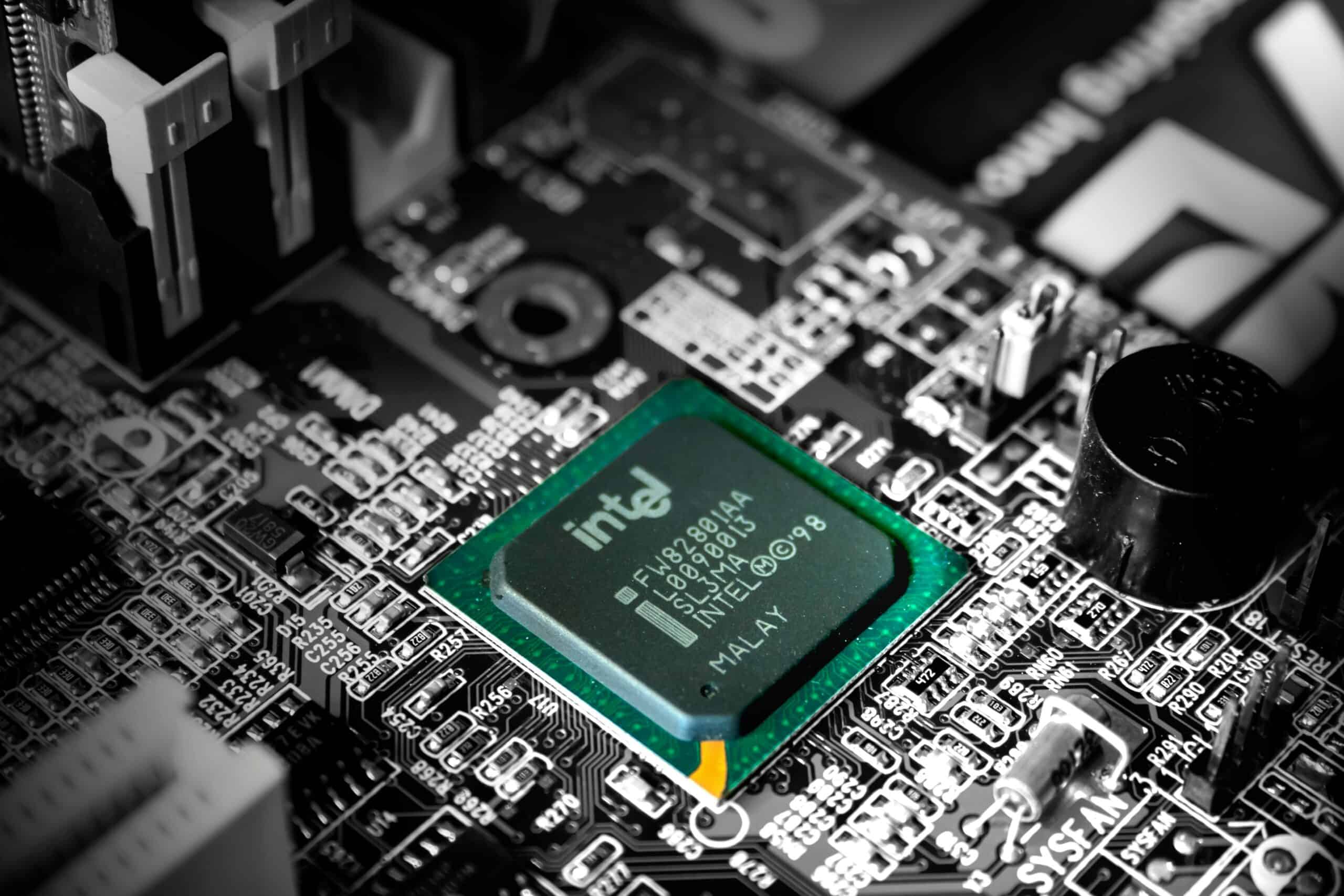
Photo by Slejven Djurakovic on Unsplash
Intel Granted Nearly $8.5B in CHIPS Act Funding and Billions More Available in Loans
March 20, 2024
As the Biden administration gears up to introduce semiconductor manufacturing to U.S. soil, The White House has disclosed that Intel has been awarded close to $8.5 billion in funding under the CHIPS (Creating Helpful Incentives to Produce Semiconductors) Act.
To add to this significant allocation, the tech giant could also have access to $11 billion in loans from the CHIPS and Science Act, which was passed in 2022. President Joe Biden is set to announce the awards on Wednesday in Arizona.
On a call with reporters, U.S. Secretary of Commerce Gina Raimondo said that this funding will aid “leading-edge semiconductors made in the United States” to ensure America stays “in the driver’s seat of innovation.” Both Intel and The White House said their deal is nonbinding and could change.
For a long time, Intel has been committed to the U.S. semiconductor industry by developing chips that power many of the world’s PCs and data center servers. Nonetheless, the company has experienced hurdles, with Nvidia emerging as a revenue leader in artificial intelligence chips and rivals such as AMD and Qualcomm exceeding Intel in market capitalization.
Although Intel has lagged behind its competitors, it maintains a favorable position in the industry due to its operation of chip factories, known as fabs, alongside processor design. In comparison, AMD and Nvidia are fabless, meaning they design chips and then outsource manufacturing to Taiwan’s TSMC, sending computer files and staff for the device’s production.
In recent years, TSMC has had a competitive advantage in semiconductor manufacturing as all of the world’s fastest processors are physically built in Taiwan.
This is one major explanation as to why Intel was long expected to be one of the biggest beneficiaries of the CHIPS Act. This legislation aims to unlock nearly $53 billion in incentives for advancing domestic chip technology. A fundamental objective of the CHIPS Act is to drive companies to establish fabs within the United States in order to mitigate the risk of supply disruptions in the event of a potential conflict involving China and Taiwan.
Intel has revealed its plans to allocate its CHIPS Act award toward the establishment of fabs and research centers across Arizona, Ohio, New Mexico, and Oregon. This decision linked up with the company’s earlier effort to invest $100 billion in U.S.-based programs and facilities. To add to this, Intel has announced a strategy to regain footing in leading-edge manufacturing, with a goal to achieve this by 2026.
On a call with reporters, Intel CEO Pat Gelsinger said, “Go drive by the Ohio site. There are a whole lot of cranes and concrete job trucks that are building what we believe will become the premier manufacturing location, at scale, particularly for AI chips in America.”
Recent News
NHTSA Investigates Tesla Autopilot Again After Recent Software Update
Tesla Autopilot is once again the subject of an NHTSA investigation.
Home Depot Holds Halfway to Halloween Sale: Skelly’s Back
It’s halfway to spooky season, and Home Depot is celebrating.
Kaiser Discloses Health Insurance Data Breach
Health insurance company Kaiser is notifying millions of its current and former members about a data breach. The breach occurred when Kaiser shared patients’ information with third-party advertisers like Google, Microsoft, and X (formerly Twitter).
Satirical Site The Onion Acquired by Global Tetrahedron
The satirical news website, The Onion, has been sold by G/O Media to a group of digital media veterans.

